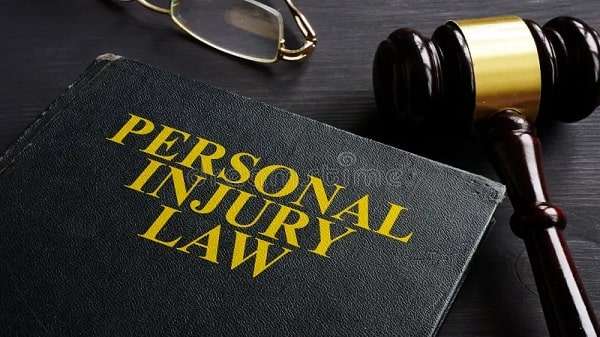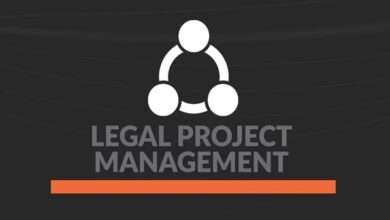Navigating Personal Injury Claims: A Comprehensive Guide

Accidents occur when we least expect them, and the damage they do may be emotionally, financially, and physically draining. In such times, personal injury claims provide a way for individuals to seek compensation for the damages they have suffered due to someone else’s negligence. Although navigating the complex world of personal injury claims can be intimidating, with the correct information and direction, it can become a manageable procedure that can aid victims in their quest for healing.
Understanding Personal Injury Claims
An individual who has suffered harm or losses as a result of the carelessness of another party may seek restitution for those losses via the legal procedure known as a personal injury claim. Medical costs, missed pay, pain, and suffering, and property damage are only a few examples of these losses. A wide variety of mishaps are covered under personal injury lawsuits, including vehicle accidents, slips & falls, medical misconduct, and more.
To initiate a personal injury claim, there are several key steps to follow:
- Seek Medical Attention
The first and foremost step after an accident is to seek medical attention. Your physical and mental well-being comes first. Not only is timely medical treatment crucial for your recovery, but it also establishes a documented link between the accident and your injuries, which is essential for your claim.
- Gather Evidence
Building a solid personal injury claim requires gathering Evidence. This may entail documenting the accident site with photographs, obtaining contact information from witnesses, and protecting any tangible evidence. The more documentation you have, the better your chances of proving negligence.
- Consult With An Attorney
While not always necessary, consulting with a personal injury attorney can greatly enhance your claim’s chances of success. Attorneys are knowledgeable in the nuances of the law and may provide you with specialized advice on your rights and the possible worth of your claim. The merits of your case will be assessed at a free initial consultation offered by many personal injury lawyers.
- Notify The At-Fault Party
Depending on the circumstances, it might be necessary to notify the at-fault party’s insurance company about the accident. It’s important to remember that insurance companies are profit-oriented and might attempt to settle quickly for a lower amount. Consulting with your attorney before engaging with insurance companies can help ensure you receive fair compensation.
- Document Your Damages
Maintain a detailed record of your damages, including medical bills, prescription receipts, property repair bills, and any other expenses related to the accident. Also, keep track of missed workdays and any impact the injuries have had on your daily life.
- Negotiation And Settlement
To obtain a settlement, your attorney will frequently negotiate with the at-fault party’s insurance provider. This process involves back-and-forth discussions to agree on a compensation amount that adequately covers your damages. If a fair settlement is reached, you can avoid going to court.
- Filing A Lawsuit
Your lawyer can suggest bringing a lawsuit if conversations don’t result in a suitable resolution. This may lead to a trial where a judge or jury determines the fate of your claim.
- Court Proceedings
If your matter proceeds to trial, both you and the other party’s legal counsel will tell your side of the story. Both sides will present Evidence, speak with witnesses, and offer justifications for their claims. In the end, the verdict and any remuneration due to you will be decided by the judge or jury.
The Importance Of Expert Guidance
Navigating personal injury claims can be a complex and emotionally taxing journey. Having an experienced attorney by your side can provide invaluable support and guidance. Attorneys can argue on your behalf to guarantee you obtain just compensation for your losses because they have a thorough grasp of the legal system, know how to negotiate skillfully, and can.
Maximizing Compensation And Ensuring Fairness
Understanding that the purpose of a personal injury claim is to put the injured party back in the position they were in before the event is crucial. Compensation should cover medical expenses, lost wages, property damage, and pain and suffering. Experienced lawyers put out a lot of effort to make sure that the amount of compensation given accurately represents the severity of the damages sustained.
Conclusion
Personal injury claims offer a path to justice and recovery for individuals who have suffered due to the negligence of others. Navigating this process requires careful planning, thorough documentation, and often the expertise of a skilled attorney. Individuals may empower themselves to seek just recompense, hold negligent parties accountable, and go on the path to healing and rehabilitation by following the instructions provided in this thorough handbook. Remember, you don’t have to navigate this path alone—seeking legal advice and support can make all the difference in achieving a successful outcome.


